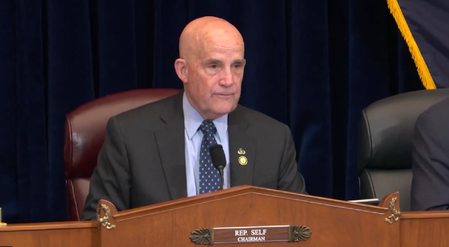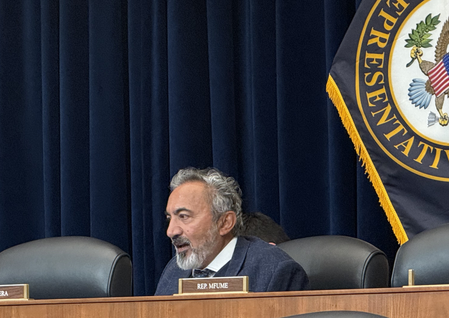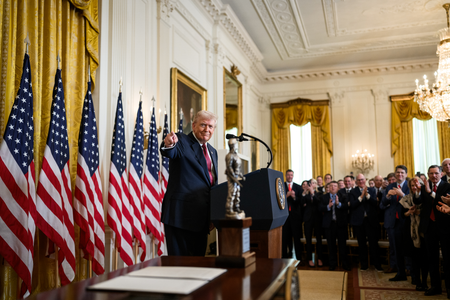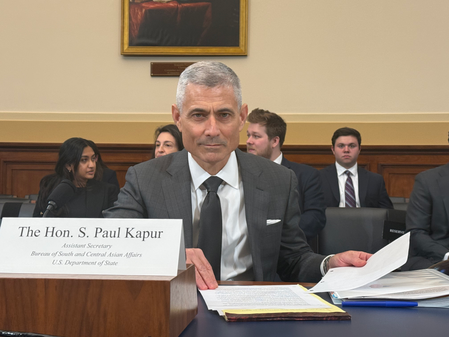If you own a phone and have ever given your number to anyone at all – and even if you haven’t – chances are, you’ve definitely received an unsolicited marketing call. Sometimes, it’s a telecom company, or a bank trying to sell you a credit card.
And sometimes, the caller on the other end says they want your money, usually for an urgent cause. There are children dying in a Delhi hospital, there are animals who need immediate treatment, there are elders in an old age home who require assistance…
While it is important to donate to causes you believe in, what’s also important is to ensure that you’re not taken in by scamsters. “We can’t say that no genuine NGO would ever make a phone call to ask for donations – but unless you know them personally, you should always tell them that you will decide and call back,” says Dr Swarna Rajagopalan, founder and managing trustee of Prajnya Trust.
“And if they’re not willing to give you that time, that itself is a sign that this is not a genuine NGO,” she says.
While there are no state-approved standards for how NGOs are allowed to fundraise, there are several ways in which you can ensure that you’re not cheated.
Ask for their financial records
Genuine NGOs that have a website would have their financial records there. “But not all NGOs are online,” says Dr Swarna. “They should have their financial records for the asking though. You should be able to call them and ask for the details before donating, and if they are genuine, they should be able to provide them,” she says.
Visit the NGO, learn about them before giving
Another way to ensure that your money is going to a good cause is to visit the NGO and meet their staff before giving. Malathi Siva of Indian Council for Child Welfare says, “Most NGOs are registered and should be able to provide you with Income Tax exemption certificates on donation. It’s always good to go visit them before you make a donation. That way, you can see the work they do first hand before making a commitment.”
Be suspicious of tall claims
Another way to sift out the genuine NGOs from the scamsters is to actually go through the claims they make about their work. “There should be some honesty in the asking. Tall claims – like we have managed to eradicate misogyny from an institution in two years – should be looked at with suspicion,” says Dr Swarna.
Always donate by cheque or electronic transfer
It’s okay to drop small amounts in a donation box, but if you are planning to give a considerable amount, it’s always better to pay using cheque or to make an electronic transfer. “In our organisation, we’re not allowed to take any cash donations over Rs 2,000. We believe in being transparent about the funds we get, and we prefer electronic transfers and cheques over cash for all amounts,” says Dr Malathi.
Never share your bank account details over phone
Most importantly, be smart and never share your bank account details over phone. Whether it’s a marketing call, a person who claims to be from a bank, a possible job opportunity, or an NGO asking for funds – it is never okay to share details like your customer ID, password, cvv number, answers to secret questions, or any other such details with a person on phone.
As Dr Swarna says, “While it is the NGO’s responsibility to be accountable, it is also the donor’s responsibility to be engaged.”
Enanble Notification: NoTNM Marquee: No








